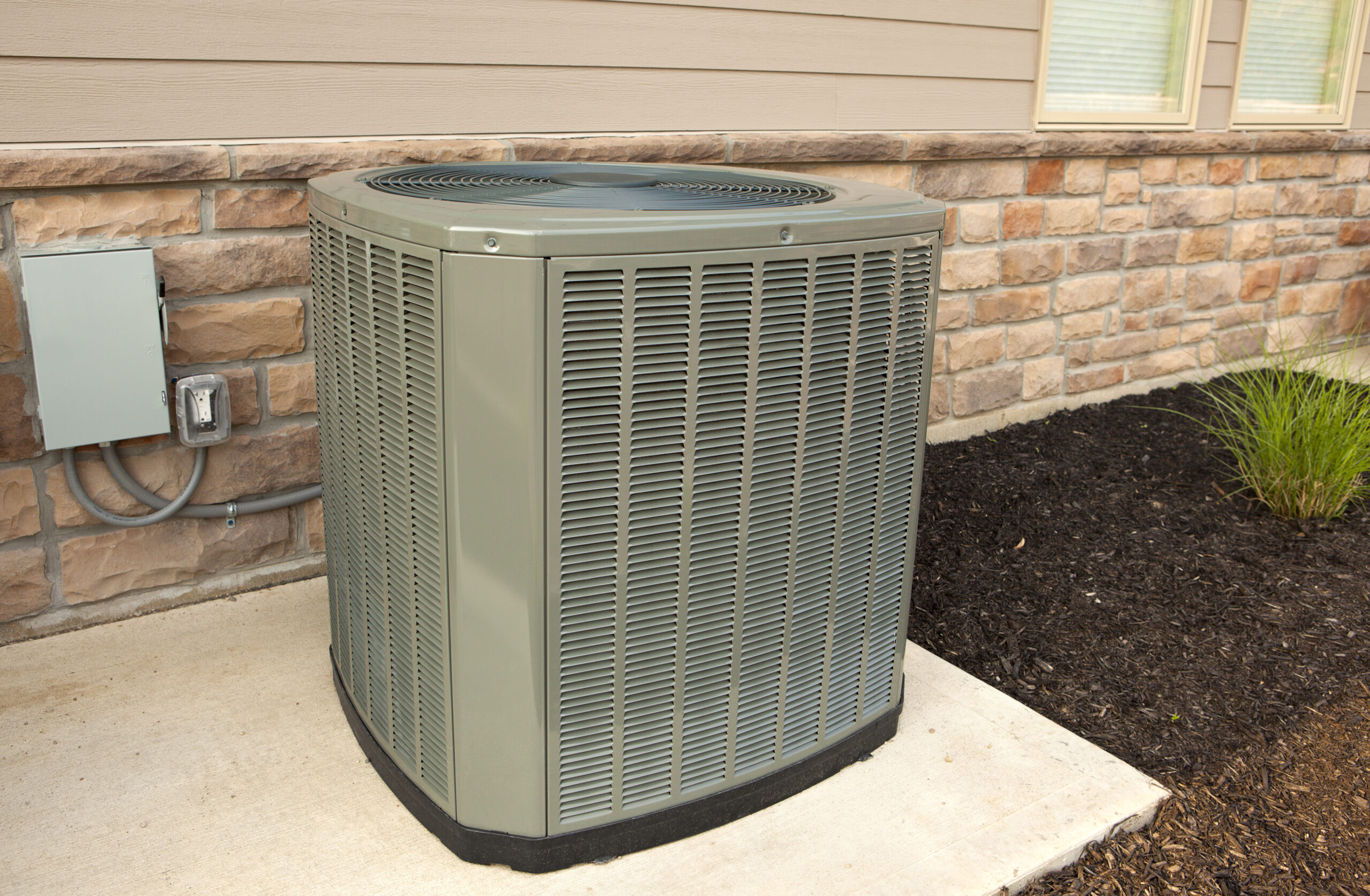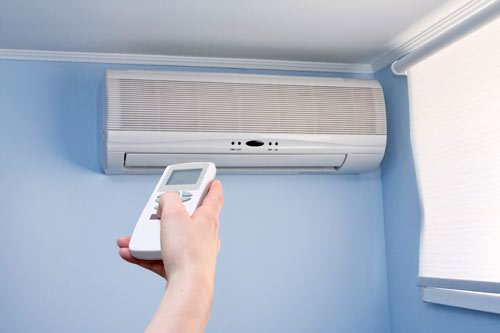Boone, NC Air Conditioning FAQ
When summer heat reaches Boone, NC, air conditioning is the one thing you want to be able to count on to keep your home comfortable. But when your system stops doing its job or your energy bill spikes, it’s natural to wonder why.

How Much Is a New Air Conditioning Unit?
Most new residential AC systems cost somewhere between $3,800 and $7,500. That range depends on more than just the size of the unit. Bigger homes usually need higher-capacity systems, which cost more up front and take longer to install. SEER ratings, which measure energy efficiency, also push the cost up. A unit with a higher SEER rating might be more expensive up front, but it can lower your long-term utility bills.
How Do I Maintain My Air Conditioning System?
Keeping your system in good shape doesn’t take a ton of work, but it does take consistency. Start with the filters. You should replace them every one to three months, depending on how dusty your home gets or if you have pets. Dirty filters block airflow and make the system work harder. The condenser unit outside also needs cleaning. Grass clippings, dirt, and leaves can build up around it. Once a year, it’s smart to clean the evaporator and condenser coils. Schedule maintenance in spring so that the system runs well before you need it most. Regular checkups catch problems early and help you avoid emergency repairs.
Can My Air Conditioning Make Me Sick?
If your AC system isn’t cleaned regularly, it can circulate mold, pollen, dust mites, and pet dander through the house. That’s bad news if anyone in your home has allergies or asthma. Sometimes, cold air can also dry out your sinuses, especially if the humidity gets too low. That dry air might trigger sore throats or irritation. If your system runs all day and never shuts off, the indoor air can get stale. Changing your filters regularly and using a humidifier when needed can help. You can also explore air quality upgrades to improve filtration or UV light purification.
How Long Do Air Conditioning Units Last?
Most air conditioners last between 12 and 15 years if they’re cared for. When the unit starts needing frequent repairs or your electric bill keeps going up, it’s probably time to replace it. Maintenance can stretch the lifespan, especially if you’ve kept the coils clean and the refrigerant levels steady.
Why Is My Air Conditioning Unit Leaking Water?
A little moisture near the unit isn’t always a problem, but a steady drip or puddle definitely is. One common cause is a clogged condensate drain line. Your AC pulls humidity from the air, and that water needs a place to go. If the line gets blocked by dirt or algae, the water backs up. Frozen coils can also cause leaks when they thaw. That usually happens because of low refrigerant or poor airflow, often tied to a dirty filter. When this happens, it’s time to call us for AC repair.
How Do You Repair an Air Conditioning Unit?
Start simple. Check that your thermostat is set to “cool” and not just “fan.” Then, look at the air filter. If it’s packed with dust, swap it out. Make sure the system has power and the breaker hasn’t tripped. If those things check out and it still isn’t running right, it’s time to look deeper. Some of the most common problems include low refrigerant, bad capacitors, and electrical faults inside the unit. Most repairs beyond the basics need a licensed tech, especially if refrigerant is involved. Don’t try to fix it yourself if you’re unsure.
What Is Ductless Air Conditioning?
Ductless mini-split systems give you cooling without needing traditional ductwork. You’ve got an outdoor unit that connects to indoor wall-mounted units by a thin pipe that carries refrigerant. These systems are perfect if your home doesn’t have ducts already or if you want better temperature control in a specific room. You can set one zone cooler than the others, which cuts down on energy use. They’re also really quiet and easy to install in most cases. If you’re converting a garage or building an addition, ductless is a wise choice.
How Does Central Air Conditioning Work?
Your central AC has several pieces that work together. The condenser sits outside and gets rid of the heat your system pulls from inside. The evaporator coil, which lives inside the air handler, cools the air. That cooled air moves through your ducts and into your home. Meanwhile, warm indoor air gets pulled back into the system through return vents to be cooled again. Refrigerant moves through the system in a closed loop, soaking up heat indoors and releasing it outside.
What Is a Mini-Split Air Conditioning Unit?

A mini-split is another name for a ductless system. The main difference between this and traditional AC is how the air gets where it needs to go. Instead of pushing cold air through ducts, a mini-split cools the room right where the indoor unit is mounted. You’ve got a quiet, compact unit on the wall and a small outdoor condenser. These work well in older homes where ductwork would be complex to install or in areas like sunrooms, guest rooms, or basements. Mini-splits also tend to be more energy-efficient since there’s no loss from leaky ducts. Each one has its own remote or wall control so that you can set different rooms at different temperatures.
Can a Nest Thermostat Replace Heating and Air Conditioning Controls?
A Nest thermostat can control most modern HVAC systems, including heat and AC. Nest works with most setups, but older systems or those with dual-fuel configurations might need an extra relay or a professional setup. One thing people love about smart thermostats is how they learn your schedule. Nest can automatically adjust when you’re away or asleep. That helps save money and keeps the house comfortable without needing to fuss with settings. If you want it set up properly or need help connecting it to your system, ask one of our pros about Nest thermostat HVAC compatibility.
How Do I Charge My Home Air Conditioning System?
Adding refrigerant to your AC is called charging the system, but it’s not a DIY job like refilling windshield fluid. Because refrigerant is regulated, only certified techs, like our team at Roby Services, are allowed to work with it.
Does Air Conditioning Reduce Humidity?
Yes, your AC removes moisture while it cools the air. That’s part of why the air feels crisp and not just cold. If your system is too large for your home, it may cool the space too quickly and shut off before it has a chance to remove enough humidity. That can leave things feeling damp and sticky even when the temperature looks right. If humidity is a problem year-round, a whole-house dehumidifier can help. It works alongside your AC to keep things balanced.
How Do I Clean My Air Conditioning Coils?
Before anything, turn off the power to the system. The indoor evaporator coil is usually behind a panel near your air handler. You can use a soft brush to get rid of dust or use a cleaner made for coils gently. Outside, your condenser coils are on the back of the outdoor unit. Spray them with water to loosen dirt, then use a cleaner if needed. Rinse everything gently and avoid bending the fins. If you don’t feel comfortable opening the panels or using cleaners, call us for help.
How Much Does Air Conditioning Cost in Electricity?
Your AC’s energy cost depends on how often you run it, how efficient the unit is, and what your local rates are. A central air system can cost anywhere from $.06 to $.88 per hour to run.
Do You Need Help with Your Air Conditioning System?
If your system isn’t cooling the way it should, or if you just have more questions, we’re here to help. Contact Roby Services for AC installation, repairs, ductless solutions, and routine maintenance.
 Shop Roby
Shop Roby